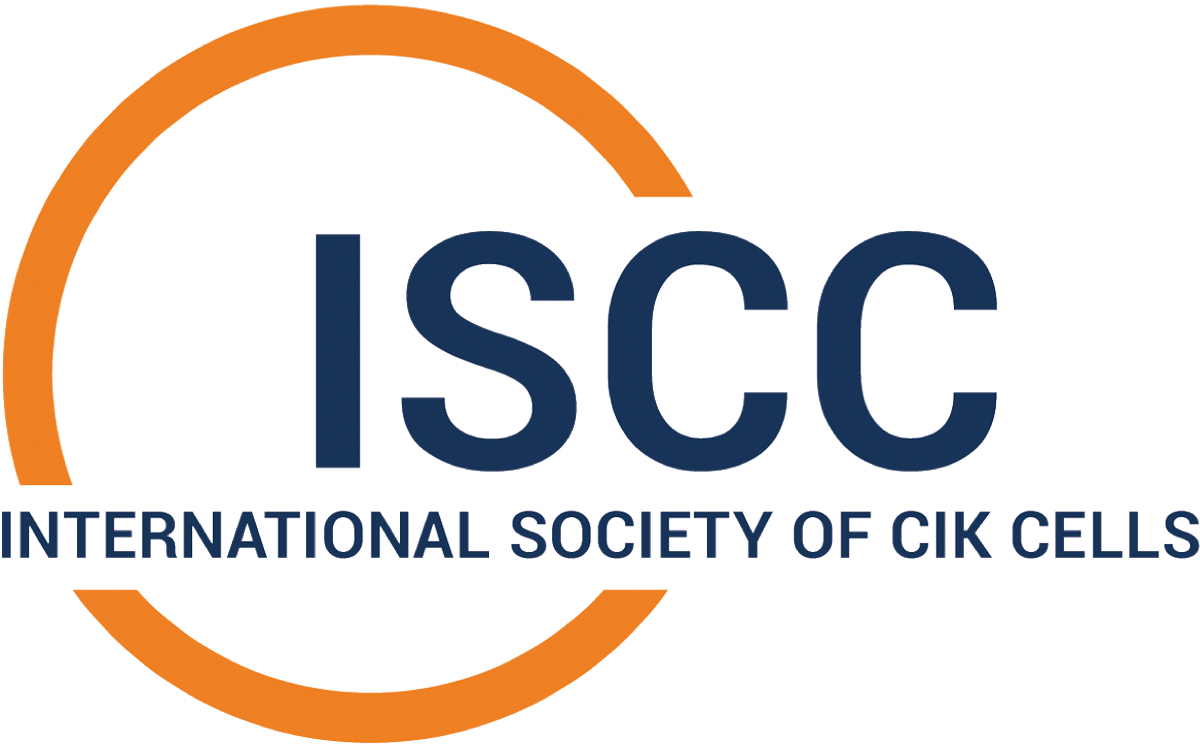Vacancies
Research Degree Opportunity:
Fully funded PhD project
Project Details
“Delineating the role of surface PD-L1 on extracellular vesicles in response to cytokine-induced killer (CIK) cells immunotherapy in glioblastoma”
Start date: Wed Oct 01 2025
One major obstacle to immunotherapy is that tumor cells evade immune surveillance by inhibiting T cell function, either through direct contact between tumor cells and T cells or through factors secreted by tumor cells, such as extracellular vesicles (EVs).
Glioblastoma (GBM)-derived EVs can block T-cell activation through the expression of PD- L1 receptors. However, two key questions remain to be addressed: 1) what impact PD-L1 expression on EVs has on the clinical efficacy of T cells based adaptive immunotherapies such as CAR-T or cytokine-induced killer (CIK) cells, 2) whether the abundance of GBM- associated protein transforming growth factor β (TGF-β) in EVs alters the expression of EV-PD-L1 as in occurs in tumors. To substantiate this, we will use our established CIKs-GBM cellular models (2D single cells, 3D spheroids, organoids from patients) to investigate the molecular, immunological and epigenomic profile of purely isolated EVs types. In particular, we will investigate whether a key population of CIK cells including CD3+CD56- (T cells), CD3+CD56+(NKT cells) and CD3-CD56+ (NK cells) would be able to exert their anti-tumor effect when TGFβ is blocked in GBM cells and thus unavailable in EVs. It will also be investigated whether the hypo-/hyper-methylation state of PD-L1 on GBM-EVs could represent an alternative mechanism of resistance towards CIK cells. The results of this proposal will contribute to predicting the degree of immune resistance exerted by modifying the EV-dependent PD-L1/TGF-β axisin GBM patients while undergoing immunotherapy with CIK cells or their more advanced forms (DC-CIK, CAR-CIK therapy).
